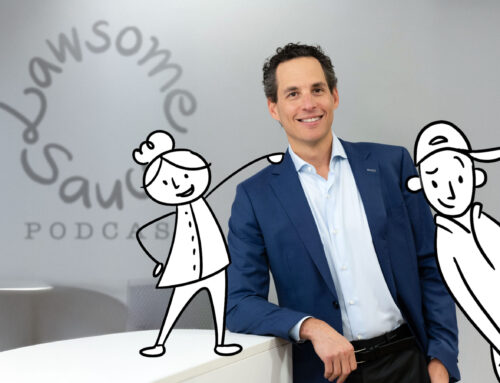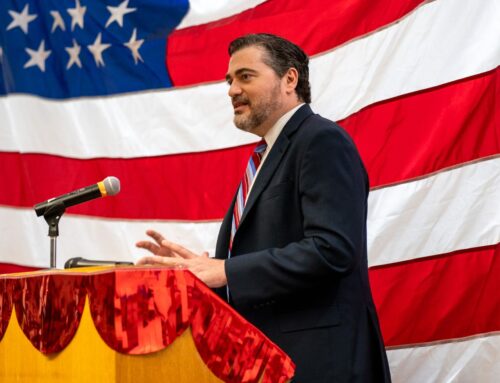If the plaintiffs prevail, Shannon Derouselle, a business law professor at the University of Miami, said it could have wide-reaching implications for other multilevel marketing companies.
By Michael A. Mora | October 6, 2020
A federal court in Miami has reopened a class action seeking more than $140 million in damages against 44 of the top distributors of a global nutrition supplement company.
And if the plaintiffs prevail, Shannon Derouselle, a business law professor not involved in the litigation, said the case could have far-reaching implications for other multilevel marketing companies.
The dispute pending before the U.S. District Court for the Southern District of Florida allegedly stems from the shattered dreams of thousands of Herbalife International members, who claim that top distributors told them that through hard work and an effective sales strategy, they too could achieve “life-changing financial success.”
Etan Mark, a partner at Mark, Migdal & Hayden in Brickell who represents the plaintiff, said Herbalife, which operates as a multilevel marketing company, makes money by recruiting other people.
“One of the things that our case has done differently is that we’re employing a strategy where we’re viewing these high-level distributors as critical agents in this scheme that we alleged has defrauded our clients here,” Mark said.
Brian A. Howie, a partner at Quarles & Brady in Phoenix, Arizona, who represents the defendants, did not respond to request for comment. The main argument articulated by Herbalife attorneys has been that signed contracts with the “aggrieved distributors” mandated arbitration of any dispute, according the appellate ruling, But the U.S. Court of Appeals for the Eleventh Circuit denied that argument in July.
Now, pending mediation, U.S. District Judge Marcia Cooke has scheduled a trial to take place on March 14, 2022, against 44 of Herbalife’s top-performing distributors.
Among the plaintiffs in the case in the Southern District of Florida is Patricia Rodgers, who became a Herbalife member in June 2010, according to court documents. With her husband, the pair spent over $100,000 on Herbalife, including $20,000 on the so-called “Circle of Success” events.
Shannon Derouselle, a business law professor at the University of Miami and attorney at DeRouselle Legal Advisors in Coral Gables who is not involved in the case, said these kinds of events are common in multilevel marketing companies whose business model is premised on the need to recruit more and more people to sell their products.
And if the plaintiffs are successful in the Southern District of Florida, Derouselle said other businesses that are recognized as legitimate multilevel marketing companies could be impacted.
“We have to ask the question whether the Federal Trade Commission will take further action in determining if these companies are legitimate,” Derouselle said. “Or whether there should be some additional regulations regarding how they sell products and market the potential profits to folks who are thinking about signing up.”




